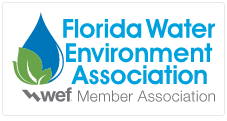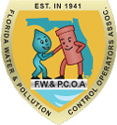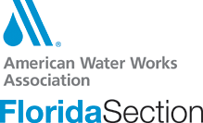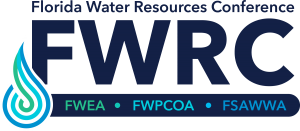The Water Research Foundation Announces New RFPs for 12 Research Projects
(Alexandria, VA) July 9, 2019 – The Water Research Foundation (WRF) has announced that Requests for Proposals (RFPs) are available for 12 new research projects. The RFPs are as follows:
Occurrence of PFAS Compounds in U.S. Wastewater Treatment Plants (5031)
Due Date: September 12, 2019 by 2:00 PM MT
Analysis of Corrosion Control Treatment for Lead and Copper Control (5032)
Due Date: September 12, 2019 by 2:00 PM MT
Demonstrating the Effectiveness of Flushing for Reducing the Levels of Legionella in Service Lines and Premise Plumbing (5033)
Due Date: September 24, 2019 by 2:00 PM MT
Assessing the Microbial Risks and Potential Impacts from Stormwater Collection and Uses to Establish Appropriate Best Management Practices (5034)
Due Date: September 24, 2019 by 2:00 PM MT
Impact of Bromate Control Measures on Ozone Oxidation/Disinfection and Downstream Treatment Processes in Potable Reuse (5035)
Due Date: September 24, 2019 by 2:00 PM MT
Technical Brief: Compounds of Current and Future Interest and Implications for One Water (5036)
Due Date: September 24, 2019 by 2:00 PM MT
Evaluation of Existing Source Separate Organic Feedstock Pre-Treatment and Management Practices (5037)
Due Date: September 24, 2019 by 2:00 PM MT
2019 Roadmap Workshop on Prioritizing Permitting and Linkages Research in Water Quality (5038)
Due Date: September 12, 2019 by 2:00 PM MT
Definition of Smart Utility – How to be a Digital Utility and the Framework for an Intelligent Water System (5039)
Due Date: September 12, 2019 by 2:00 PM MT
Successful Implementation of Decentralized Reuse and Treatment Systems (5040)
Due Date: September 12, 2019 by 2:00 PM MT
Guidelines for Optimizing Nutrient Removal Plant Performance (4973)
Due Date: September 12, 2019 by 2:00 PM MT
Potable Reuse Demonstration Design & Reuse Communication Toolbox (4979)
Due Date: September 24, 2019 by 2:00 PM MT
This is WRF’s strategic research program, which enables us to address broadly relevant subscriber issues, challenges, and opportunities with targeted research that lasts for a period of three to five years. Specific questions about these RFPs should be directed to the WRF staff contact included on each RFP. Proposals submitted in response to these RFPs must follow WRF’s Guidelines for Research Priority Program Proposals.




